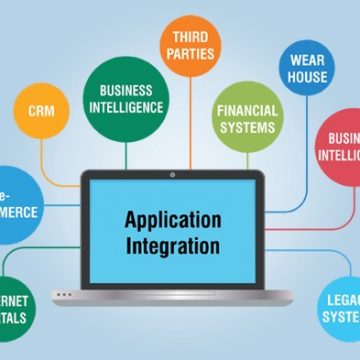It’s really no secret. With regards to defining social enterprise, things could possibly get confusing rapidly.
To begin with, shall we be speaking in regards to a mega non-profit which has been around for a century, like Goodwill? Or perhaps a new tech start-up selling a existence-altering football that may generate energy for a whole rural village? How about the cafe around the corner that just sources fairly traded, pesticide-free espresso beans and donates profits to local non profit organizations?
The reply is: Yes, Yes, you will find – a social enterprise could be the suggestions above.
Two Necessary Pieces towards the Puzzle
There is lots of backwards and forwards lately on the phrase a social enterprise. And appropriately so. For instance, if both non-profit organizations as well as for-profit companies could be known as social enterprise, does which means that any venture with social value qualifies? (No.) And that would undervalue what telecomutting saves gas is about and render the word meaningless? (Yes.)
The simple truth is, there’s two pieces towards the puzzle that must definitely be in position for that label to suit.
Piece #1: There’s a social and/or ecological mission fundamentally of the items the business or business does. Social impact is prioritized around economic return – actually, solving social problems ‘s the reason for your organization’s existence. This is the “WHY” from the business.
Piece #2: Services or products is offered for any profit to sustain the job and additional the social mission. This is the “HOW” from the business.
That tricky word “social” – and also the risks of social washing
Maybe you can now begin to see exactly what the problem is about. Getting a strong yet flexible definition causes it to be obvious precisely what social enterprise is leaving space to have an astounding number of these to grow.
Using the term “social” plays a role in a few of the confusion. Make a non-profit that provides vocational practicing those with disability – but relies exclusively on donations and grants to do this. That non-profit is certainly serving a social mission. But it’s not really a social enterprise because there’s no products or services offered in a cost to sustain their efforts.
And just what about traditional companies like Target donating five percent of profits to ecological or educational initiatives? Again, we are all for seeing corporations acknowledge their social and ecological impact. But Target exists to become a lucrative major store. It really wants to sell clothes, toys, and fun stuff in the dollar bins – not for social impact, but to maximise return for shareholders.
Which raises the “WHO.”
Selecting the best business design for the social enterprise
Defining social enterprise brings clearness about who it really benefits. The “Who” of social enterprise usually turns up within the following ways:
Hiring practices – intentionally recruiting associated with the social mission you are on.
Conscious sourcing – keep in mind that local corner cafe? It captures the who by looking into making sure its beans were harvested by maqui berry farmers with fair labor conditions and compensation.
The particular service or product – remember that football. It’s designed to benefit families who require ready and reliable light to see, prepare and abide by.
Profit-discussing – the earnings from that service or product are distributed to organizations, communities, and individuals you love.
What’s exciting is the fact that these aspects refine the meaning but leave lots of room for that ways a social enterprise can organize and operate.
Perfectly into a mission-driven economy
The simple truth is we love them about defining social enterprise because we feel it comes down to greater than altering one organization. It comes down to marrying notebook computer in social and ecological causes with notebook computer running a business.
Supporting social enterprises belongs to altering from the marketplace with simply financial values at its core to some market that produces social, ecological, and economic benefit for those.


















